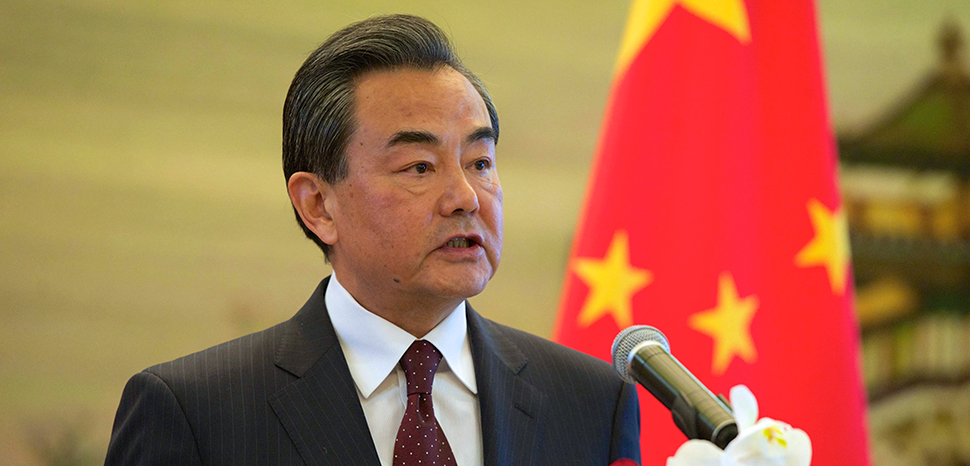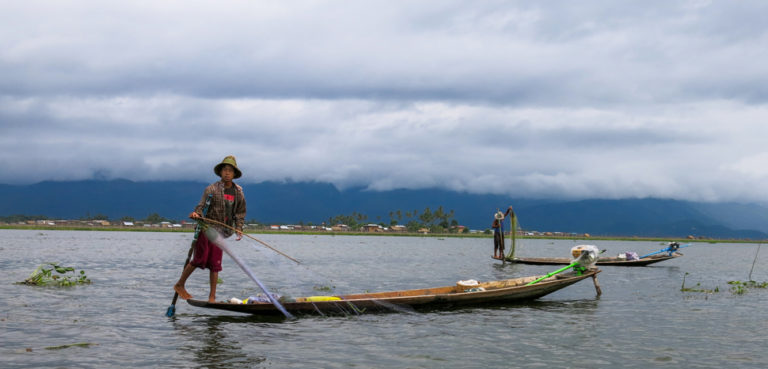Summary
In late April, China signed a security deal with the Solomon Islands aimed at consolidating some degree of direct influence over the country’s domestic policing apparatus – an objective that became imperative following a string of anti-Chinese riots last year. Beijing followed up this deal with another bilateral pact with Samoa meant to foster greater “economic and technical cooperation.”
The two developments are reflective of a wider strategy on the part of the Chinese government to nurture influence over the Western Pacific, an effort that has drawn no shortage of concern from officials in Washington and Canberra. In concrete terms this has taken the form of a region-wide agreement between China and 10 Pacific states. The tentative deal, which leaked ahead of a key May 30 summit, aimed at expanding cooperation across a wide variety of fields, from the relatively innocuous fields of trade, disaster resilience, and climate cooperation to the more contentious realm of cyber security and domestic policing.
The initiative has since fallen apart, with Pacific nations opting out during the summit over the weekend. Still, though, the episode is reflective of a new geopolitical dynamic that is coalescing in the Western Pacific, and this won’t be the last time that Beijing launches a diplomatic foray into what was once considered Australia’s exclusive backyard.




